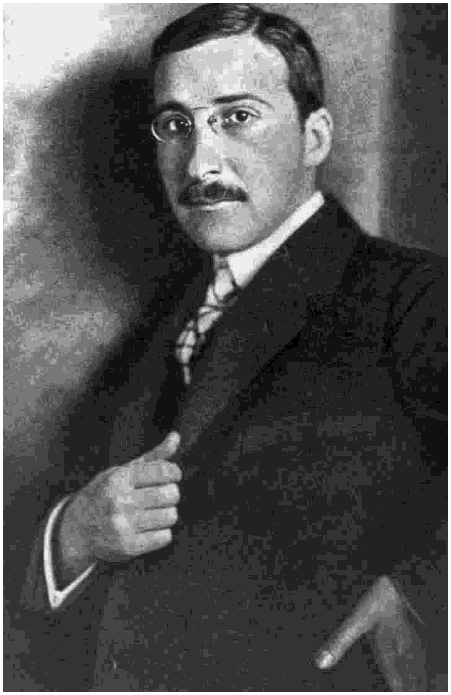balancing the needs and music of one language
against the constraints and snares of the original.
Here are a dozen or so we've run across
in our years of editing this magazine
that we've treasured enough to recall for this list.
Rooftops
Hai Zi (Zha Haisheng)
Dan Murphy, Translator
(Host Publications)
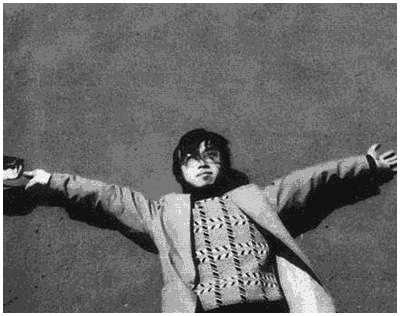
This would automatically put him right up there with Keats, Byron, Plath, Wilfred Owen and perhaps Dylan Thomas in the poetic martyr sweepstakes. The picture of his passing is not without a certain drama: the train screaming down the tracks, the noise and the steam and thrumming of the pistons, the shriek of brakes on metal, and this not unhandsome, brilliant young man throwing himself to his death.
Obviously he suffered from too little regard for himself. Was he zonked? Was he suffering from a broken heart? Was he anguished by the politics of China? Was he, like Keats, embittered by a bad review of his writings? According to Murphy, in his last years, Hai Zi suffered from hallucinations. It's believable: the poetry is hallucinatory, reminding one of Baudelaire's Le Spleen de Paris, the Tamarit Poems of García-Lorca, Edith Sitwell's startling imagery ("the allegro Negro cocktail shaker") ... or, perhaps, Paul Celan:
- Black milk of daybreak we drink you at night
we drink you at noon in the morning we drink you at sundown
we drink and we drink you
a man lives in the house your golden hair Margarete
your ashen hair Shulamith he plays with the serpents
The most obvious clue to Hai Zi's final main --- every day we must choose to live; we can choose but once to part --- turns up in his poem "On Death," dedicated to Van Gogh. It contains all the elements of a suicide note: the dark sleep; the holy hands of doves (clumsy in the field); the flowers blooming over him; his body being taken by "the empress of death." Only a schizophrenic could join what most would think as dissonant (flowers, cows, sleep), tie them to "I think I am beautiful" and ultimately spirit us up and away with,
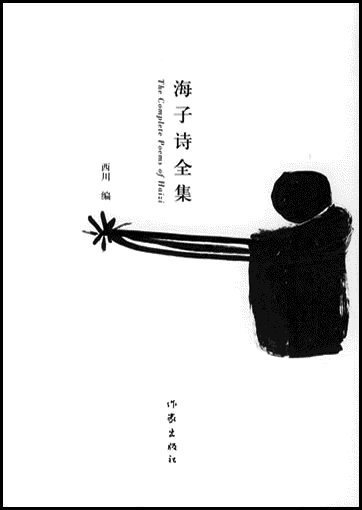
- on a rainy night a cow thief
climbs in my window
and on my dreaming body
picks sunflowers
I remain deeply asleep
and on my dreaming body
colorful sunflowers bloom
those picking hands
like beautiful and clumsy doves
in a field of sunflowers
on a rainy night a cow thief
steals me
from my human body
I am still deeply sleeping
I am taken beyond my body
beyond the sunflowers. I am the world's
first cow (the empress of death)
I feel that I am beautiful
I am still deeply sleeping
review
The Sea
José Sarney
Gregory Rabassa,
Translator
(Aliform)

Eh? A great writer ending up as head of the sixth largest country in the world? (His was the transition government from a military dictatorship.)
Can you imagine the President of the United States being revealed to have written a lusty funny tale of fishermen and monsters and passion, the story of a man with a wife who at the end of the forty years with him can say,
- Let's forget about time Cristório. It doesn't exist here and still we count it. Let's get rid of days and nights, months and years and leave everything as though it was only Sun and Moon. Time's something people get into their heads. They invent it.
Could you and I dream of having a president who could write like that, tell us that time is something people have just made up? Or that "He'd never thought that a woman would be able to have that taste and sweet smell, something that wasn't just possession but a feeling of vastness?"
Wouldn't having the leader of our ship of state write like that make us deliriously happy?
Haruki Murakami
Jay Rubin,
Translator
(Knopf)

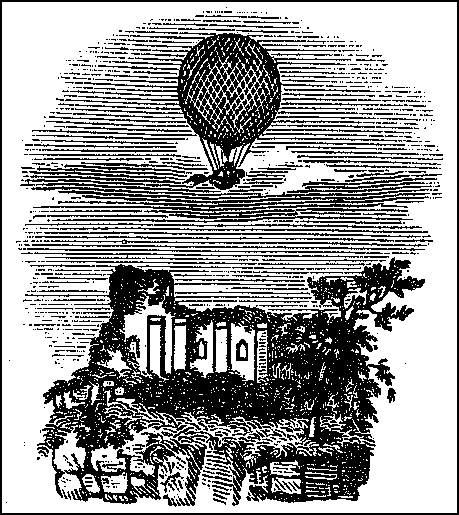 Elsa Morante somewhere, somehow, picked up a magic style, one that comes so naturally and so effortlessly and so sweetly that we are swept along on the wings of her story --- immersed in it as if Ida and Nino and Useppe and Davide were our own family: you and I magically transported into 1942 or 1944 Italy to participate in the wonders and horrors of the lives of four people merely trying to survive in a world of no shelter, little food, and constant danger.
Elsa Morante somewhere, somehow, picked up a magic style, one that comes so naturally and so effortlessly and so sweetly that we are swept along on the wings of her story --- immersed in it as if Ida and Nino and Useppe and Davide were our own family: you and I magically transported into 1942 or 1944 Italy to participate in the wonders and horrors of the lives of four people merely trying to survive in a world of no shelter, little food, and constant danger.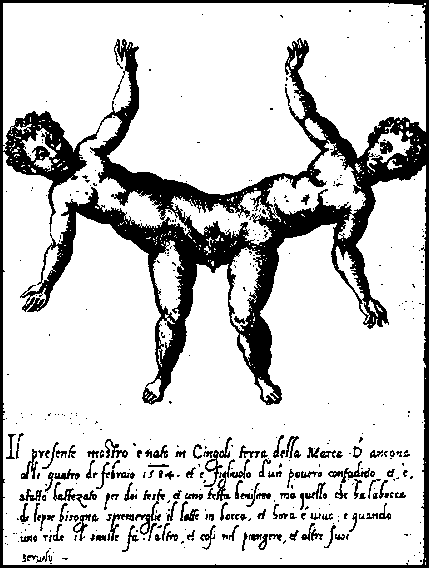

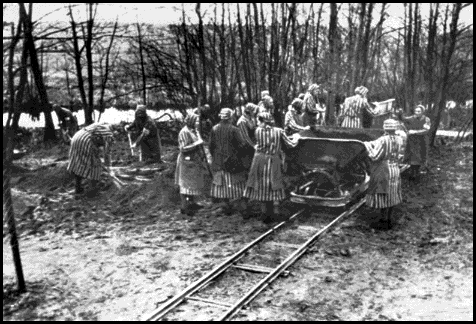
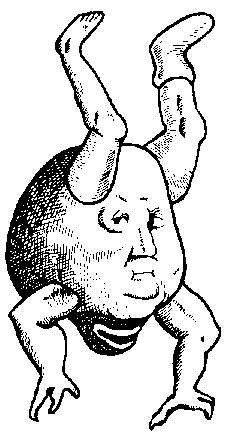
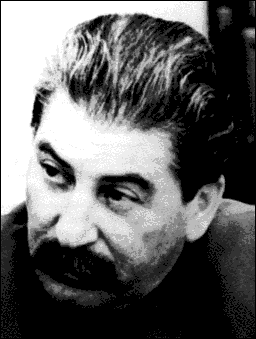 This is Serge's first hint that he and the thousands of loyal radicals who participated in the early days of the Russian revolution were witnessing an unexpected change:
This is Serge's first hint that he and the thousands of loyal radicals who participated in the early days of the Russian revolution were witnessing an unexpected change: